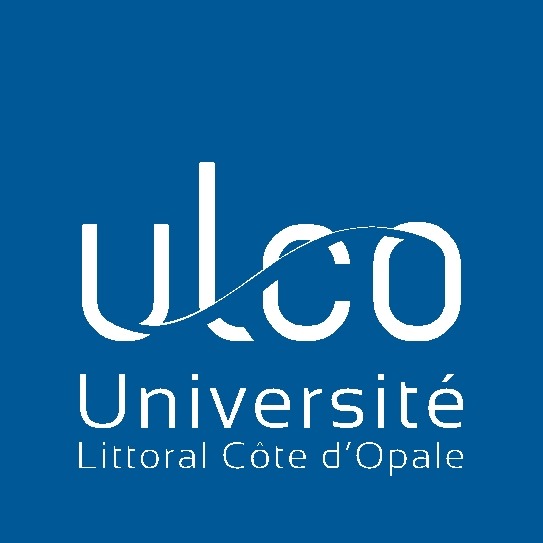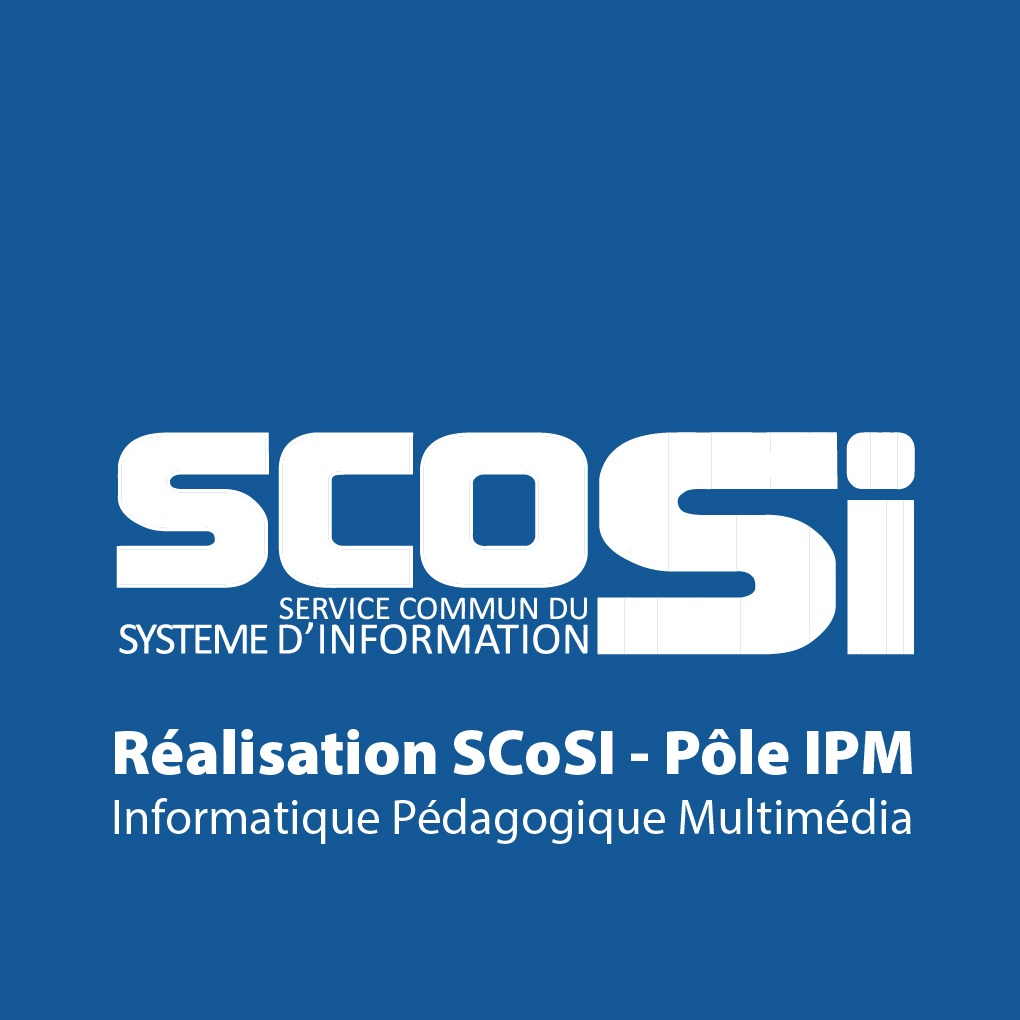
Philippe AGHION
Philippe Aghion is a Professor at the College de France and at INSEAD, a visiting professor at the London School of Economics, and a fellow of the Econometric Society and of the American Academy of Arts and Sciences. His research focuses on the economics of growth and innovation. With Peter Howitt, he pioneered the so-called Schumpeterian Growth paradigm. Much of this work is summarized in their joint book Endogenous Growth Theory (MIT Press, 1998) and The Economics of Growth (MIT Press, 2009), in his book with Rachel Griffith on Competition and Growth (MIT Press, 2006), and in his survey “What Do We Learn from Schumpeterian Growth Theory” (joint with U. Akcigit and P. Howitt). In 2001, Philippe Aghion received the Yrjo Jahnsson Award of the best European economist under age 45, in 2009 he received the John Von Neumann Award, and in March 2020 he shared the BBVA “Frontier of Knowledge Award” with Peter Howitt for “developing an economic growth theory based on the innovation that emerges from the process of creative destruction”. More recently Philippe Aghion produced a new book entitled “The Power of Creative destruction” (Odile Jacob, Harvard University Press) joint with C. Antonin et S. Bunel. While providing a reappraisal of the foundations of economic success and a blueprint for change, The Power of Creative Destruction also shows that a fair and prosperous future is ultimately ours to make.

Daniele ARCHIBUGI
Daniele Archibugi is a Research Director at the Italian National Research Council (CNR-IRPPS) in Rome, and Professor of Innovation, Governance and Public Policy at the University of London, Birkbeck College. He works on the economics and policy of science, technology, and innovation and on the political theory of international relations. He has taken his D.Phil at the Universities of Sussex, where he has worked with Chris Freeman and Keith Pavitt. He has worked at the Universities of Cambridge, London School of Economics, Harvard, and Rome LUISS. In 2006 he was appointed honorary professor at Sussex University. He has chaired the European Commission’s Expert Group on “A Wide Opening of the European Research Area to the World”, a member of the Expert Group of the European Commission “Global Europe 2030/2050” and the Coordinator of the European Commission’s Report on The Contribution of the European Commission to Responsible Research and Innovation (Brussels, 2015).
Besides several edited books and articles in academic journals, he has authored The Technological Specialization of Advanced Countries (with Mario Pianta, Kluwer, 1992) and Innovation and Economic Crisis: Lessons and Prospects from the Economic Downturn (with Andrea Filippetti, Routledge, 2011). He has co-edited several volumes on science, technology and innovation policy including, with Bengt-Åke Lundval, The Globalizing Learning Economy (Oxford, 2001). His latest edited book is, with Andrea Filippetti, The Handbook of Global Science, Technology and Innovation (Oxford, 2015).
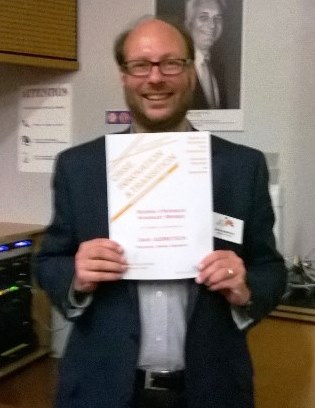
David B. AUDRETSCH
David Audretsch is a Distinguished Professor and Ameritech Chair of Economic Development at Indiana University, where he is also serves as Director of the Institute for Development Strategies. He also is an Honorary Professor of Industrial Economics and Entrepreneurship at the WHU-Otto Beisheim School of Management in Germany. In addition, he serves as a Visiting Professor at the King Saud University in Saudi Arabia, Honorary Professor at the Friedrich Schiller University of Jena in Germany, and is a Research Fellow of the Centre for Economic Policy Research in London.
Audretsch’s research has focused on the links between entrepreneurship, government policy, innovation, economic development and global competitiveness. His recent books include Entrepreneurship and Economic Growth, with Oxford University Press and The Entrepreneurial Society, also with Oxford University Press. He is co-founder and co-editor of Small Business Economics: An Entrepreneurship Journal. He was awarded the 2001 Global Award for Entrepreneurship Research by the Swedish Foundation for Small Business Research. In 2008 he received an honorary doctorate degree from the University of Augsburg, and in September, 2010 he received an honorary doctorate degree from Jonköping University. In 2011 he was awarded the Schumpeter Prize from the University of Wuppertal.
He is a member of the Advisory Board to a number of international research and policy institutes, including the Deutsches Institut fuer Wirtschaftsforschung (German Institute for Economic Analysis) and the Swedish Entrepreneurship Forum. Since 2010 he has been serving as an member of the Advisory Board for the Jackstädt Centre for Entrepreneurship.
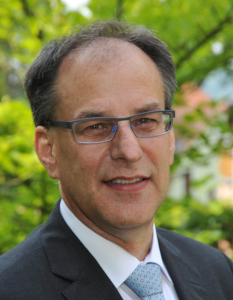
Uwe CANTNER
Since 2000 Uwe Cantner has been full professor of Economics at the University of Jena, and heads the chair of Economics and Microeconomics, Economics of innovation, evolutionary economics, industrial economics, and productivity and efficiency measurement are his major fields of research.
Since 2011 he is also Professor of Economics (part-time) at the University of Southern Denmark.
On 15 October 2014 he became vice-president for young researchers and diversity management at Friedrich Schiller University Jena.
Since 2015 he is member of the Expert Commission on Research and Innovation of the German Government. He chairs this commission since May 2019.
Education
Uwe Cantner earned a Master of Arts in Economics from Wayne State University in 1984 and a Diplom from the University of Augsburg in 1985.
He received his PhD in 1990 from the Ludwig Maximilian University of Munich with the thesis “Product and Process Innovation in International Trade”.
In 1996 he habilitated at the University of Augsburg on the topic “Heterogeneity and Spillovers – Basic Elements of a Theory of Technological Change”.
Further positions
Uwe Cantner is the director of The Jena Graduate School Human Behaviour in Social and Economic Change, and the spokesman of the (formerly DFG) Graduate College “The Economics of Innovative Change, offered jointly by Friedrich Schiller University Jena and Max Planck Institute of Economics Jena in Germany.
He was the president of International Joseph A. Schumpeter Society from 2012 to 2014.
Since 2002 he has been editor of Journal of Evolutionary Economics.
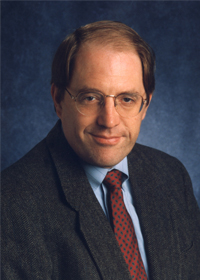
James K. GALBRAITH
James K. Galbraith, Lloyd M. Bentsen Jr. Chair in Government/Business Relations and Professor of
Government. James K. Galbraith teaches economics and a variety of other subjects at the LBJ School.
He directs the University of Texas Inequality Project, an informal research group based at the LBJ
School. He is Senior Scholar of the Levy Economics Institute and Chair of the Board of Economists for
Peace and Security
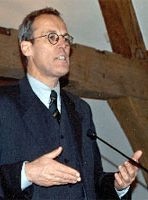
John HAGEDOORN
John Hagedoorn is currently professor of Strategy and International Business at Royal Holloway, University of London, School of Management, professorial fellow at UNU – MERIT in Maastricht, and honorary professor (emeritus) at Maastricht University, School of Business and Economics.
He was a visiting scholar and visiting professor at SPRU (University of Sussex) in 1983-1984, CEPR (Stanford University) 1996, CISTP (The George Washington University) 1997, the Haas School of the University of California at Berkeley 1998-1999, the University of Paris 1999 and the business school of the National University of Singapore 2004.
Main topics of research: Open innovation, contracts, and intellectual property rights; Open innovation and alliances; Contract law, joint R&D, and technology transfer; Strategic alliances; Inter-firm networks; Innovation and technological change; Mergers and acquisitions; International business strategy.
His research is published in a wide variety of journals such as the Academy of Management Journal, Academy of Management Review, Business History, Business History Review, Global Strategy Journal, Industrial and Corporate Change, Industry & Innovation, International Journal of Industrial Organization, Journal of Economic Behavior and Organization, Journal of Empirical Legal Studies, Journal of Financial Economics, Journal of International Business Studies, Journal of Management Studies, Journal of Media Economics, Journal of Common Market Studies, Managerial and Decision Economics, Organization Studies, Research Policy, Review of Industrial Organization, Small Business Economics, Strategic Management Journal, Strategic Organization, Technology Analysis & Strategic Management, Technovation, and World Development.
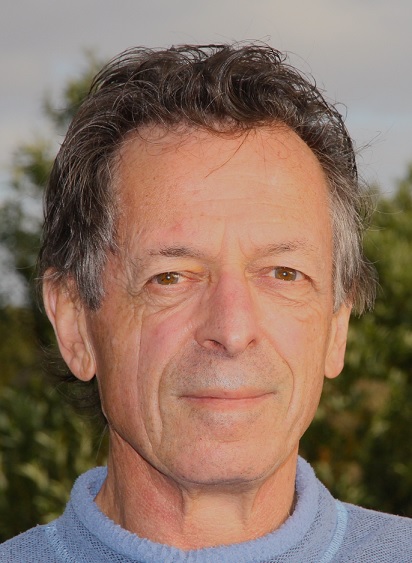
Michael Jeffrey KAHN
Professor Michael Kahn is a policy analyst and evaluator of research and innovation. He has maintained a lifelong commitment to development – of people, systems and self. To meet this goal he has served as advisor to the Ministers of Education, and Science and Technology, was Chief Director (Informatics) in the Gauteng Government, Acting Director of the Centre for Education Policy Development, Professor of Science Education in Botswana and South Africa, and Executive Director of the Human Sciences Research Council. He is Professor Extraordinaire in the Centre for Research on Evaluation, Science and Technology at Stellenbosch University, and a member of its DST-NRF Centre of Excellence in Scientometrics and Science Policy.
Michael is skilled in policy analysis, strategic planning, measurement, monitoring and evaluation, foresight and facilitation. His academic qualifications include a PhD in Theoretical Physics (Imperial College, London) and MA in Education Policy, Planning and Management (University of London). He consults to governments, multilateral agencies and the donor community.
Over 1977 to 1990 he contributed to science and mathematics education in Botswana and initiated many educational innovations, including the rapid conversion of humanities teachers to become junior high school science teachers and a BEd degree programme to develop nursing college tutors. His former students now occupy leading positions in public life in Botswana.
This period saw him join the African National Congress, head the photographic section of its associated Medu Arts Ensemble, and Coordinate the seminal International Exhibition and Symposium on Culture for Resistance in June 1982.
On returning to South Africa from exile Michael led the science and mathematics section of the National Education Policy Initiative, contributed to the ANC Policy on Education and Training, and designed SYSTEM, the national ‘second chance’ science and mathematics initiative for the Department of Education. He later developed the nationwide academy model of the 500 Dinaledi Schools also for the Department of Education, and subsequently authored the 2001 ICT in Education Strategy.
In 1996 Michael was privileged to author the seminal White Paper on Arts and Culture.
His social entrepreneurial activities include creating Spider’s Place with the Handspring Puppet Company, a groundbreaking and award-winning comic and TV package to promote scientific literacy; the joint conceptualization of The Teacher, a newspaper for educators; conceptualizing the 1998 book In the Footsteps of Mandela; and designing and project managing a web-based greetings system in support of President Mandela’s 80th birthday celebrations also in 1998.
Since 1990 Michael has contributed to South Africa’s innovation policy, coauthoring the ANC Policy on Science and Technology, working on the Green and White Papers on Science and Technology, leading and designing the feasibility stage of the National Research and Technology Foresight study, participating in its ICT Panel, and later writing the Foresight Synthesis Report.
In 2002 he founded the Centre for Science, Technology and Innovation Indicators (CeSTII) at the Human Sciences Research Council that was responsible for South Africa’s official R&D and Innovation surveys. Other to contributions to innovation policy include co-designing the Performance Measurement System for the Science Councils, the seminal study on the mobility of the highly skilled – Flight of the Flamingoes, and co-authorship of the 2012 Report of the Ministerial Review Committee on the STI Landscape.
His clients have included the Department of Science and Technology, The Presidency, National Planning Commission, and Academy of Science of South Africa, the World Bank, UNESCO, the Inter-American Development Bank, the International Social Science Council, the International Gas Union, European Science Foundation, Finland Ministry of Foreign Affairs, IDRC, European Commission, Ramboll (Denmark), Deloitte Consulting, NIRAS (Finland), Innovos (Argentina), Qatar Statistics Authority, Mozambique Ministry of Science and Technology, UNESCO Institute for Statistics, and African Union/ NEPAD S&T initiative. He has also advised the governments of Ethiopia, Mozambique, Qatar, and Zimbabwe.
Most recently he played a leading role in the development and authorship of the 2013 Annex to the OECD Frascati Manual that addresses problems associated with the measurement of R&D in developing countries.
Professor Kahn was a member of the Ministerial Review Committee on the Science, Technology and Innovation System of 2010-2012, is an elected member of the Academy of Science of South Africa, Vice Chairperson of the Board of the Agriculture Research Council, and serves on the advisory board of the journal Research Policy. He is a frequent keynote speaker at international conferences, and continues to publish in the academic literature.
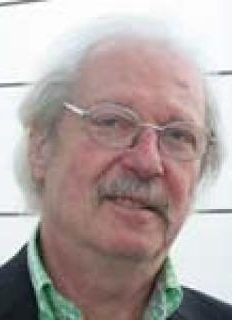
Patrick VERLEY
Born in 1944, Patrick Verley is a former student of the Ecole Normale Supérieure Ulm (1964-1969) and, after studying history, economics and German, he was awarded the agrégation d’histoire (1968), then the D. in literature and humanities in 1997. He was a lecturer at Paris 1, then professor at the University of Paris VIII Saint-Denis until 2000, when he became a became a professor at the University of Geneva. There he taught international economic history (19th-20th centuries) until his retirement in 2009.
He also taught at the Universities of Paris X, of Paris XIII, at the Ecole Nationale Supérieure de la Statistique, at the Ecole Française de Moscou and at the French School of Saint Petersburg. Member of the National Council of Universities of which he was also President of the Agrégation of Social Sciences.
His first research, under the direction of Professor Pierre Vilar, was on the construction of retrospective statistics and of retrospective statistics and macroeconomic analysis. He thus reconstructed a table of inter-industrial trade for France in the first half of the 1860s in the image Wassily Leontief’s pioneering work and worked on the role of foreign trade in the French growth in French growth in the 19th century. Starting with an econometric approach, this latter analysis analysis led to its limitations: French exports of quality products did not show any elasticity of quality products showed no price elasticity and depended solely on the endogenous determinants of external demand. This did not mean that French manufacturers were powerless to act on the demand of the external markets but that they could do it only in term of qualities and not of price. These observations led to a critical approach to the quantitative approach and mathematical formalization, which are nonetheless essential to provide orders of magnitude that orders of magnitude that act as a safeguard in the qualitative analysis and make it possible to the coherence of the hypotheses that one is led to formulate. His later work on European industrialization have emphasized a comparative history approach, the determinants of domestic demand (income dynamics by social category, analysis of consumption the analysis of consumption) and external demand, on the analysis of markets, on the qualitative analysis qualitative analysis of the products that have made it possible to segment the international market between French and British exports the two major exporters of manufactured goods in the nineteenth century according to a differentiation of products based on socially different and differentiated markets.
In the 1990s, Patrick Verley, Alain Plessis, and André Straus worked to with other European researchers to develop the study of financial markets, which until then had remained. The study of financial markets, which until then had remained rather embryonic, apart from the work on the City of London. Patrick Verley has in particular carried out research on the prosopography of stockbrokers and bankers in value.
In the 2000s, in connection with his teaching at the University of Geneva, Patrick Verley produced and conducted research on the international economic systems of the twentieth century, on the economic function of international organizations, on clearing systems and on the history of and on the history of sovereign debt crises.
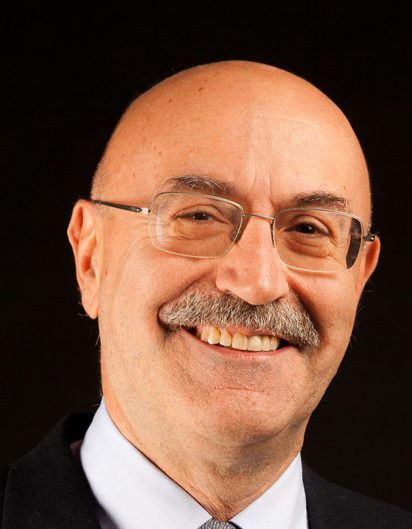
Franco MALERBA
Full Professor of Applied Economics. President of ICRIOS, Bocconi University. Editor of the Journal Industrial and Corporate Change. Advisory editor of Research Policy. Associate editor of the Journal of Evolutionary Economics. He has been President of EARIE (European Association of Research in Industrial Economics) and of the International Schumpeter Society.
He has been in the Advisory Board of Max Planck Institute of Economics-Jena; SPRU- Sussex University; CRIC- Manchester University; EU High-Level Panels for “New Innovation Indicators for Europe” and
for “A New European Innovation Policy”. He has been a visiting scholar at the Department of Economics, CEPR and SIEPR, Stanford University; Max Plank Institute-Jena; University of Queensland; University of Stellenbosch and Louis Pasteur University- Strasbourg. Winner of the Schumpeter Prize in 2012.
Research areas
Innovation and technological change. Industrial dynamics and sectoral evolution. Entrepreneurship. Industrial organization. Economic development and catch-up. Industrial, scientific and technological policies. Industrial dynamics.
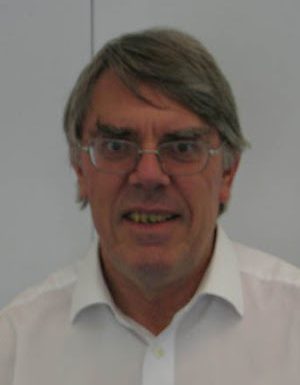
Nick Von TUNZELMANN
Nick von Tunzelmann’s main current research interests include: the evolution of technological capabilities, complexity and management, governance of micro and macro economic systems, long-term causes of economic growth. He has written two major books on the relationship
between technology and the economy, and has numerous publications in refereed journals, chapters in books, and published reports (list available on request). He has published in relation to many areas of technology, in the EU-15 and new member states of the EU, as well as other regions. He is at present completing a comparative study of new growth dynamics in emerging Asian countries for IPTS/ESTO.
Posts / professional qualifications
2005 – R.M. Phillips Professor of Science & Technology Policy, University of Sussex
2001 – Director of Research, SPRU
1984-2005 Reader and Professor of the Economics of Science & Technology, University of Sussex
1970-1984 Lecturer in Economics, Cambridge University and Fellow of St John’s College, Cambridge

Matthias WEBER
Matthias Weber is Head of Center for Innovation Systems & Policy at Austrian Institute of Technology AIT in Vinna and Visiting Professor at LISIS, Université Gustave Eiffel (UGE). He has degrees in process engineering and political sciences, and a doctorate in economics, all assigned by University of Stuttgart. Before jointing AIT, he had been working for several years at the Joint Research Centre of the European Commission in Italy and Spain and at the University of Manchester.
His research interests cover the transformation of socio-technical systems in a variety of domains, currently in particular in the urban context, the design, governance, monitoring and evaluation of transformative and mission-oriented innovation policies, and the embedding of foresight in policy-making. He was coordinator of and contributor to several European research and policy advisory projects over the past years, including RIF (Research and Innovation Futures 2030. From explorative to transformative Scenarios), RISIS (Research Infrastructure for Science and Innovation Policy Studies), BOHEMIA (Beyond the Horizon: Foresight in Support of the EU’s Future Policy on Research and Innovation). Currently he is director of a framework contract on Foresight on Demand in support the European Commission’s new framwork programme for research and innovation Horizon Europe. Matthias was member of several European Commission high-level expert groups on foresight and on research and innovation policy, and is currently member of the High-Level Group on Innovation Policy, advising the European Council, and chair of the ERA 2030 experts group of German the German Federal Ministry for Education and Research.

